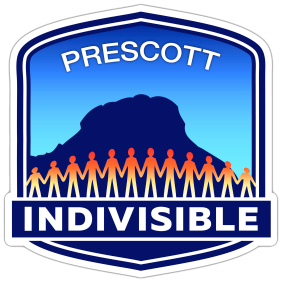
Health Care Reform Part 1
We are living in a time when advances in medicine are making headlines almost daily. In spite of the fact that we live in one of the wealthiest countries in the world, our access to good, timely medical treatment is thwarted by a provider system that is broken. The United States spends more on health care (16.9% of GDP, >$10,000 per capita) and has the highest average out of pocket costs of all first world countries surveyed except Switzerland. The U.S. also has the highest rate of suicide and the lowest life expectancy. (Read more details at https://www.commonwealthfund.org/publications/issue-brief/2020/jan/us-health-care-global-perspective)
Let’s look at healthcare right now in the United States.
Because of our country’s long standing distrust of big government, we have long embraced a system where our health insurance is tied to our employment. That wasn’t such an issue fifty years ago when medical costs were more manageable and it wasn’t that hard to find a job that included insurance as a benefit. Without job-based insurance, it is almost impossible to earn enough to buy insurance, especially if you are low income or have pre-existing conditions. This is income inequality at its worst. And why is it ok lose your health insurance because you changed or lost your job?
With the arrival of COVID, our healthcare crisis has only deepened. Many have lost jobs because of layoffs or closings, so of course many of these unemployed are now uninsured. Now that most unemployment benefits have stopped, these folks are even more stressed. Those who have been unlucky enough to actually get COVID often face catastrophic medical bills and some will have continuing health issues indefinitely as a result of this pernicious virus. It is becoming increasingly obvious that low income earners and people of color suffer a much higher rate of infection from COVID than those in higher income brackets.
Every presidential candidate proclaims that he/she will take on the pharmaceutical companies to make our life-saving medications affordable. Why can’t they do this? Big Pharma is among the biggest donors to political PACs, so they have the power to delay action which would make their profits shrink. Medications are now so expensive that many are taking less than they are prescribed or foregoing medications altogether because they cannot afford them. Meanwhile, pharmaceutical companies are reaping huge profits while insurance companies are not allowed to negotiate drug prices. We can do nothing against this rigged system.
Or can we?
Americans spend more than $2000 more per capita for healthcare than at least eleven other first world countries, ALL of which have ELECTED governments. There is no reason why we should pay so much and have such restricted access to healthcare when we live in the “free world”! WE can change this by making it known to our representatives and candidates that healthcare is hugely important for all of us , but that it’s BROKEN and needs sweeping reform. We can and must use our constitutional right to vote for the candidates we feel will best address the needs of the MANY, instead of just the few.
If what you read above reflects your reality in any way, maybe you should consider casting your vote for a new administration which has committed to expanding access to affordable healthcare, rather than tearing it all down and having no plan to replace it.
It’s up to us to decide how we go forward. So inform yourself about all the candidates, and follow numerous news sources from the center of the political spectrum. And, please VOTE. Even if you vote against one candidate but with little enthusiasm for the other. This is the most important election of our lifetimes, and if you don’t use your voice, someone else’s voice will be that much louder. One day you may lose your voice altogether.
This email is the first of a multi-part series on Health Care Reform. Future emails will discuss strategies to cut health care costs and compare the health care records and plans of Donald Trump and Joe Biden. Stay tuned.
The Voter Values Project at Prescott Indivisible

